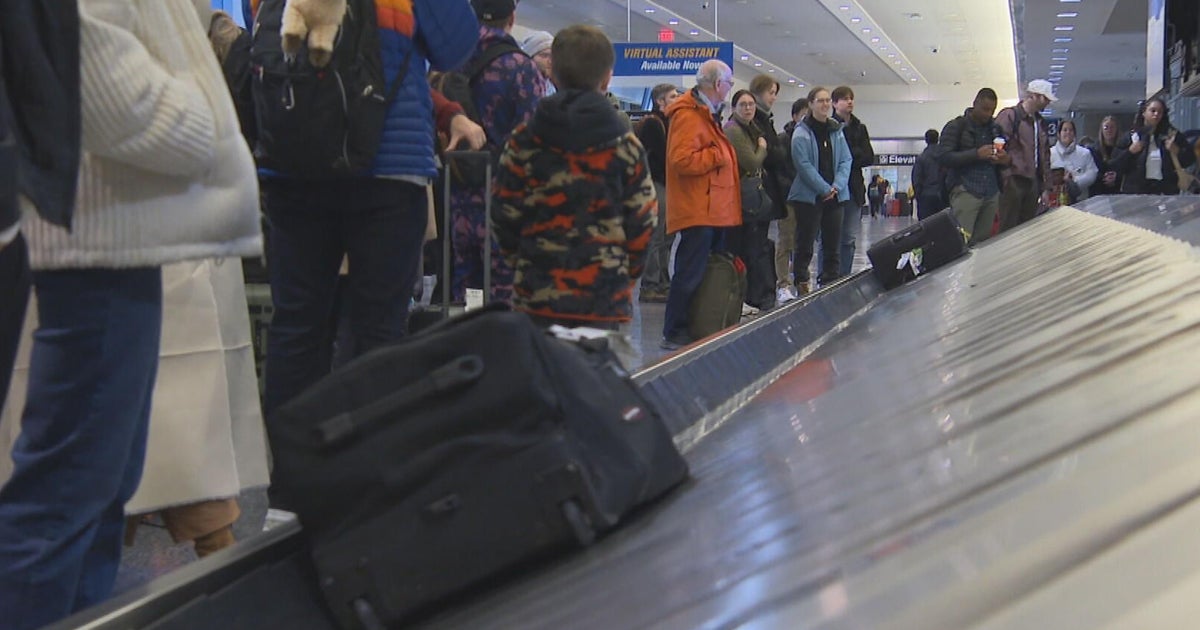Keller @ Large: Are There Food Deserts In Boston?
BOSTON (CBS) - They're called "food deserts," or areas where it's hard to find healthy, affordable groceries.
Government officials, including Mayor Tom Menino and First Lady Michelle Obama, say wiping those areas out is the key to easing the childhood obesity epidemic.
That problem now turns out to be not quite as big as some have claimed.
Mrs. Obama has been leading the charge for hundreds of millions of dollars in federal spending to bring nutritious food options to mostly-poor neighborhoods.
"Tackling the issue of accessibility and affordability is key to achieving the overall goal of solving childhood obesity in this generation," said Mrs. Obama.
The New York Times reports that's been debunked by recent studies, concluding that most low-income areas have greater access to both fast food outlets and to stores selling more nutritious products, and questioning whether food access is really a factor in childhood obesity.
Baltimore Mayor Stephanie Rawlings-Blake, who was in Boston to talk urban food policy with Mayor Menino, flatly rejected the findings.
"We know that when you have access to fresh and healthy food, you have a healthier population, so the inverse, common sense, is true," says Rawlings-Blake.
But, Menino isn't so sure. He has also pushed for more markets in poor areas. He says the bottom line is people have to start making smarter choices.
"EBT cards weren't to buy potato chips and popcorn. It's to get people nutritious meals on the table," said Menino.
Menino said he'd like to see more restrictions on what you can and can't buy with what they used to call food stamps (EBT cards).
Meanwhile, Mrs. Obama's "Let's Move" program also calls for empowering parents to shop right through nutrition-education programs in schools and clinics.



